2004-2009 PRIUS ABS MODULE
$450.00 Original price was: $450.00.$300.00Current price is: $300.00.
The ABS (Anti-lock Braking System) module for the 2004-2009 Toyota Prius is an essential component of the vehicle’s braking system designed to prevent wheel lock-up during hard braking situations, thereby maintaining steering control and preventing skidding. Here are some key points regarding the ABS module for these model years:
### Overview of ABS Module
1. **Function**:
– The ABS module monitors the speed of each wheel and modulates brake pressure to prevent wheel lock-up.
– It works with the ABS sensors located at each wheel to allow for better traction and stability.
2. **Components**:
– The ABS system typically includes several components:
– **ABS Control Module**: The electronic part that processes information from the wheel speed sensors.
– **Hydraulic Modulator**: Controls the brake fluid pressure to each wheel.
– **Wheel Speed Sensors**: Monitors the rotational speed of each wheel.
### Common Issues
1. **Warning Lights**:
– A failing ABS module can trigger the ABS warning light on the dashboard, indicating a problem within the braking system.
– This may also affect the functionality of the traditional braking system, as the ABS and conventional brakes are interconnected.
2. **Braking Performance**:
– Symptoms of a failing ABS module may include pulsating brakes during normal operation, a loss of stability during emergency braking, or the ABS engaging at inappropriate times.
3. **Fault Codes**:
– Diagnostic trouble codes (DTCs) related to the ABS system can be read using an OBD-II scanner, which can help pinpoint issues with the ABS module or related components.
### Replacement and Repair
1. **Diagnosis**:
– Before replacing the ABS module, a thorough diagnosis is essential. This may involve checking the wiring, connectors, and other components of the ABS system.
– A professional mechanic can conduct tests to confirm whether the ABS module is the source of the problem.
2. **Replacement**:
– If the ABS module is determined to be faulty, replacement is typically necessary. Both OEM and aftermarket modules are available.
– OEM parts can ensure fit and functionality, though they may come at a higher cost compared to aftermarket alternatives.
3. **Installation**:
– Replacing the ABS module can be complex and often requires specialized knowledge, tools, and diagnostic equipment to ensure proper installation and calibration.
– It is generally recommended to have the work done by a qualified mechanic, as incorrect installation can lead to further issues or a malfunctioning ABS system.
### Conclusion
The ABS module is a critical part of the braking system in the 2004-2009 Toyota Prius. If you suspect issues related to the ABS, such as warning lights or irregular braking behavior, it’s crucial to diagnose the problem promptly to maintain safety. If replacement is necessary, using quality parts and professional services can help ensure the reliability of the ABS system moving forward. Regular checks and maintenance of the braking system will also help prevent issues related to the ABS module.
Be the first to review “2004-2009 PRIUS ABS MODULE” Cancel reply
Related products
2nd Gen Toyota Prius Parts (2003-2009)
2nd Gen Toyota Prius Parts (2003-2009)
2nd Gen Toyota Prius Parts (2003-2009)
1st Gen Toyota Prius Parts (1997-2003)
1st Gen to 5th Gen TOYOTA PRIUS ABS COMPLETE UNIT ABS PUMP + BRAKE BOOSTER
2nd Gen Toyota Prius Parts (2003-2009)
2nd Gen Toyota Prius Parts (2003-2009)
1st Gen Toyota Prius Parts (1997-2003)
2001-2009 Toyota Prius 1.5L Hybrid 1NZFXE Crankshaft Nice Shape! OE Needs Polish
1st Gen Toyota Prius Parts (1997-2003)
1st Gen to 5th Gen TOYOTA PRIUS ABS BRAKE BOOSTER PUMP ASSEMBLY


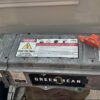



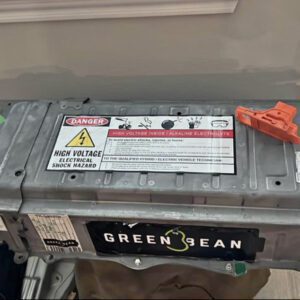

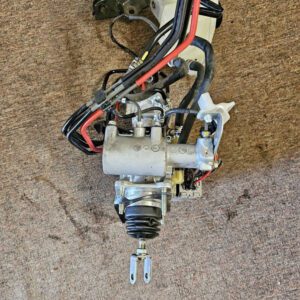
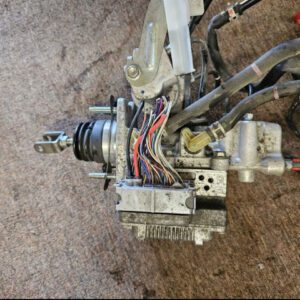
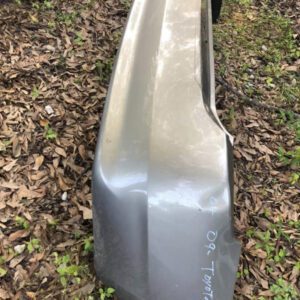




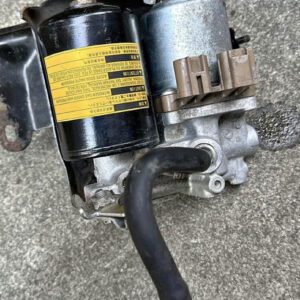
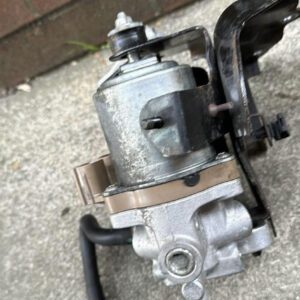
Reviews
There are no reviews yet.